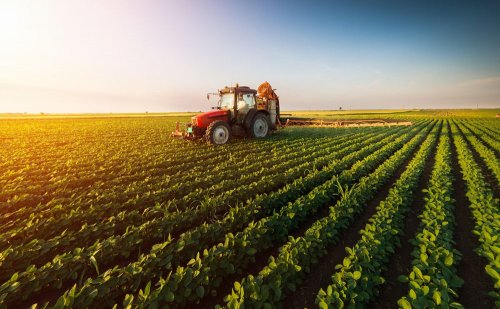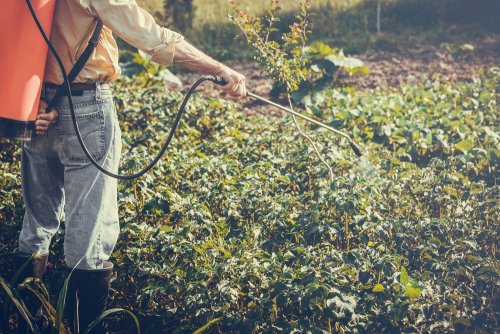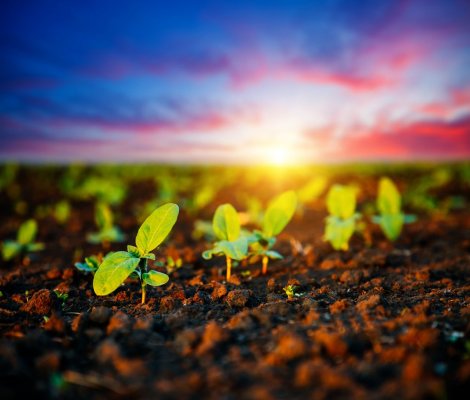Ukraine may face problems with growing potatoes, cucumbers and cabbage due to climate change.
Vira Balabukh, head of the Department of Applied Meteorology and Climatology at the Ukrainian Hydrometeorological Institute of the National Academy of Sciences of Ukraine, told Glavkom in an interview.
She reminded us that heat alone is not enough to grow certain crops – we also need moisture. The climatologist said that Ukraine is gradually experiencing a moisture deficit. It is caused by an extremely small amount of snow and droughts, which are becoming more frequent.
“Last year, we had a rather dry period, which affects yields and, ultimately, food security,” says Balabukh.
Which vegetables are most affected by climate change
According to the expert, the rise in air temperature has a very strong impact on potatoes.
“In June, when potatoes begin to grow, the soil temperature should not be too high, because the potatoes will simply “bake”, that is, they will begin to rot,” she explains.
The climatologist said that in the Ukrainian south, there are already unfavorable conditions for growing potatoes. She says that now it is necessary to either change the planting dates or the cultivation technologies. According to the expert, this is the situation with potatoes everywhere, not just in Ukraine.
“Agronomists have to work here and think about how to get a sustainable harvest of this crop,” she states.
According to Vira Balabukh, cucumbers and cabbage are also under threat, as they require a lot of moisture, and growing them in the open field is becoming problematic.
“We need to use certain technologies, such as drip irrigation or shading nets. It's no longer possible to do what our grandmothers used to do (sow cucumbers in the spring and do nothing else, except occasionally water them if it hasn't rained for a long time),” she explained.
Unexpected benefits of climate change
- An increase in the vegetative period of plants. This allows Ukraine to grow a third crop. As an example, the expert cites winter crops, which are now ripening very quickly, in some regions a month earlier than usual.
“After they are harvested, the third crop could be sown. Some farmers are already doing this by planting buckwheat. If it is planted in June, after the first winter crops have been harvested, it will be ripe for October, as September has actually become another summer month,” says Vira Balabukh.
2. Changes in climate zones. The climatologist says that the crops that used to be grown in the south in our country can now be grown in the north, such as corn and sunflower.
“Some scientists now call our Polissia 'the new oil and grain belt of Ukraine' because it is now warm enough, but also has moisture, while in the south there is a lack of moisture,” says the climatologist.
3. Increased photosynthesis. According to Vira Balabukh, an increase in the concentration of carbon dioxide in the atmosphere helps plants accumulate more green mass.
Earlier, EcoPolitic reported that climate change canceled the “winter vacation” for foresters in the Ukrainian South.





